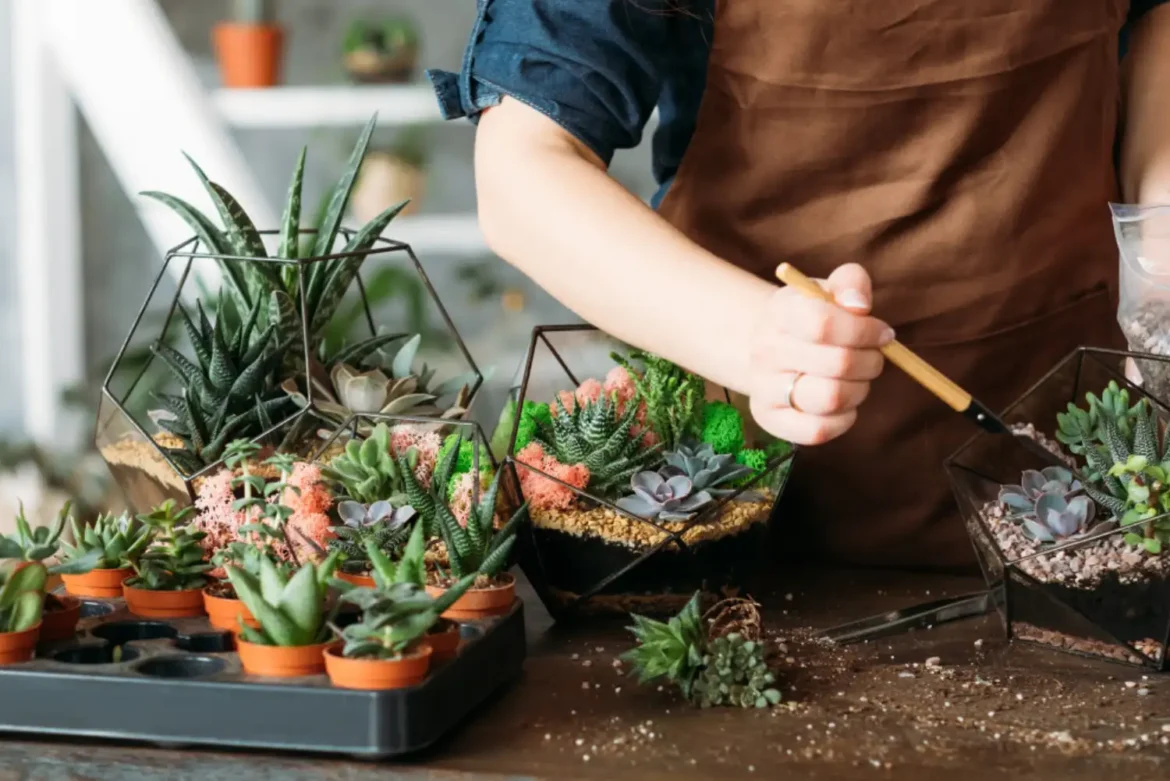Gardening in an environmentally conscious way has become increasingly important for UK homeowners. Incorporating eco-friendly practices not only supports sustainability but also creates a healthier garden and outdoor environment. Simple steps, such as using natural compost and avoiding chemical pesticides, can significantly reduce environmental impact. Selecting plants that thrive in local conditions reduces the need for excessive watering and maintenance, promoting a more sustainable gardening routine. By combining thoughtful planning with eco-friendly approaches, gardens can flourish while benefiting the surrounding ecosystem.
Water conservation is a key aspect of eco-friendly gardening. Rainwater collection systems, water butts, and drip irrigation can reduce reliance on mains water while ensuring plants receive adequate hydration. Mulching around plants retains soil moisture and reduces evaporation, further promoting efficient water use. Choosing drought-tolerant plants and native species helps the garden cope with periods of low rainfall, aligning gardening practices with environmental awareness and resilience.
Soil health is another important factor in sustainable gardening. Composting kitchen and garden waste provides a natural source of nutrients while reducing the need for chemical fertilizers. Incorporating organic matter into soil improves its structure, supports beneficial microorganisms, and encourages healthy root development. Regularly rotating crops or planting cover crops helps prevent soil depletion and reduces the risk of pests, contributing to long-term garden sustainability.

